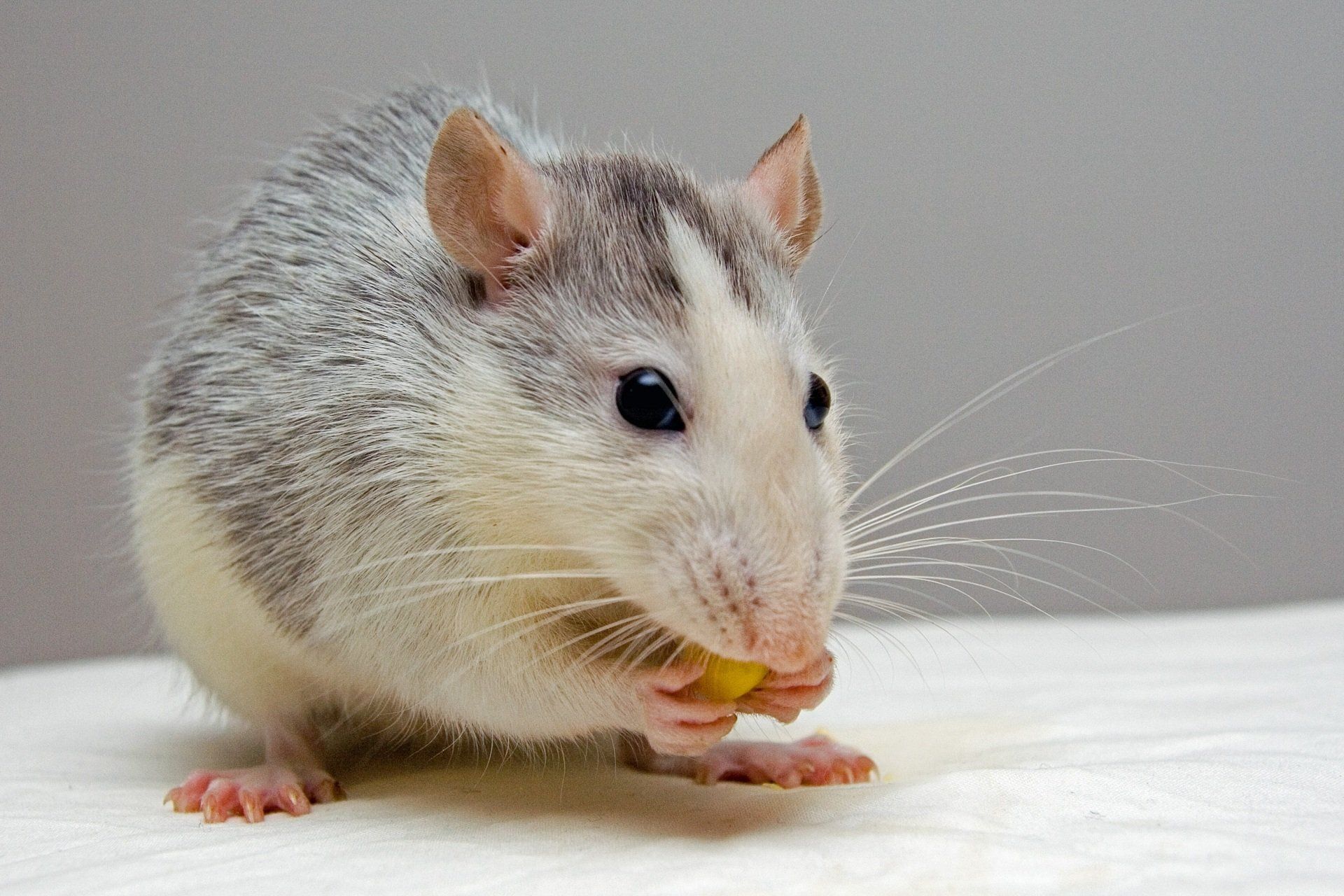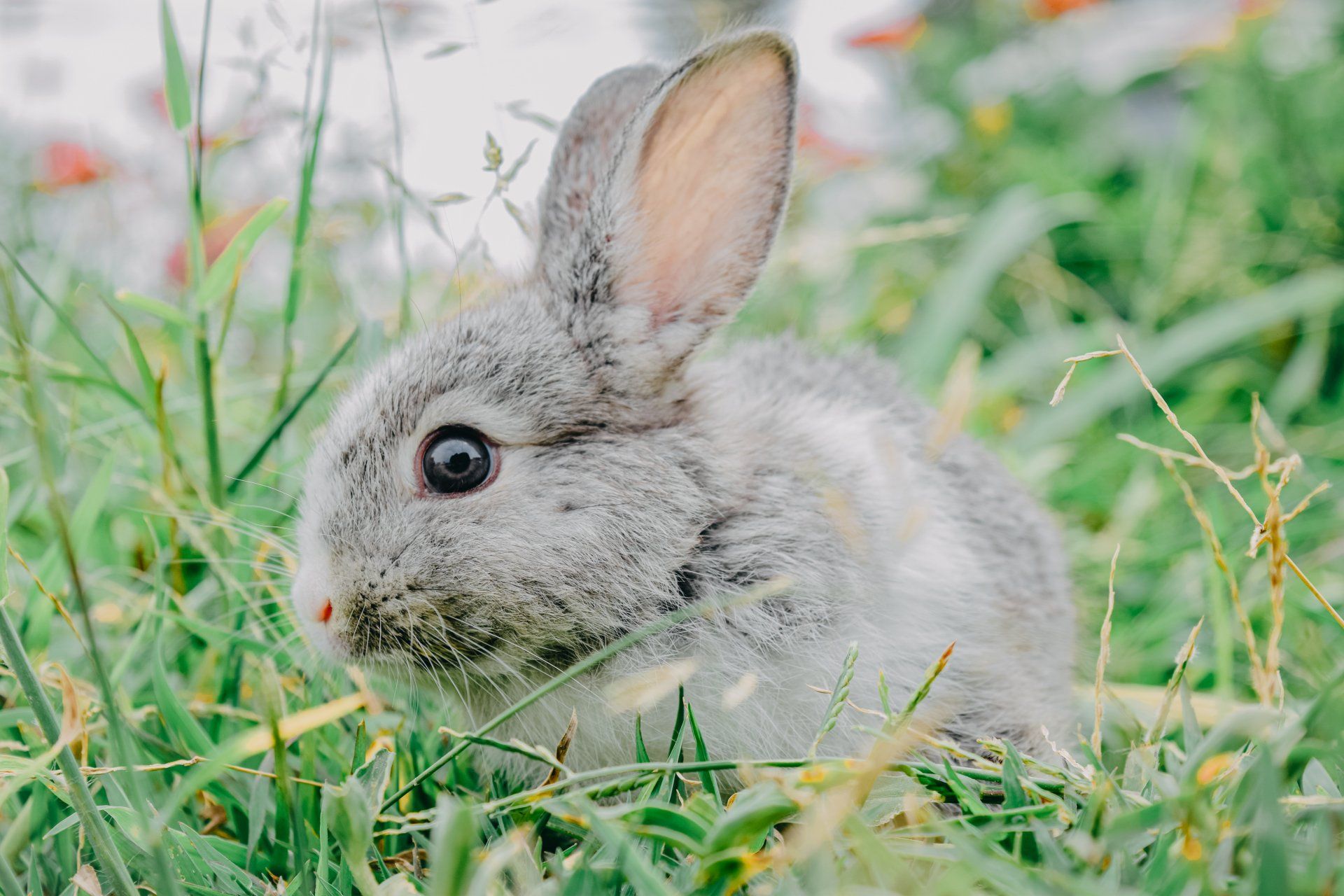Critter Repellent All Natural Animal Repellent Blog




In the quest to keep our homes and gardens free from pests, the choice between natural and non-natural critter repellents is a decision many of us face. In recent years, all-natural pest control has increased in usage and popularity for a number of reasons. While the latter might seem more conventional, there’s a growing appreciation for the advantages of all-natural critter repellents.
Some might think that all-natural pest control options are less effective than artificial options, but that is certainly not the case. In this blog post, we’ll explore the surprising benefits of turning to nature to tackle pest problems.
Eco-Friendly & Sustainable
It’s no secret that there has been a massive push over the past few decades to reduce our carbon footprint. One of the standout advantages of all-natural critter repellents is their eco-friendly nature. Some people refer to all-natural pest control as a “low-impact” option. They don’t harm the environment, pollute the air, or contaminate soil or water. By choosing natural repellents, you’re making a sustainable choice that aligns with the principles of responsible pest control.
Safe for Humans and Pets
All-natural repellents are generally safe for humans and pets. They don’t contain harmful chemicals or toxins that can pose risks to your family or furry friends. Non-natural repellents, on the other hand, can raise concerns about health and safety. You can see why many people opt for all-natural pest control to help protect their homes. This is especially true for people who have young children or pets that play outside.
Biodegradable and Non-Toxic
Natural critter repellents are biodegradable and non-toxic, breaking down naturally without leaving harmful residues. This is a stark contrast to many non-natural repellents that can persist in the environment, causing long-term harm.
Gentle Yet Effective
Natural repellents may seem gentle, but the effectiveness of natural repellents should not be underestimated. Many all-natural solutions use scents or tastes that pests find unappealing. This biological aversion successfully deters critters without causing them harm.
Variety of Options
All-natural critter repellents come in various forms, from sprays to granules and even plants that serve as natural repellents in your garden. This variety lets you choose the method that suits your pest control needs.
Cost Effective
Using natural critter repellents can be cost-effective in the long run. These solutions are readily available and guaranteed to work. Non-natural alternatives may require frequent reapplication and could lead to higher expenses.
Pest Control Without Harm
Choosing all-natural repellents is a humane approach to pest control. It allows you to protect your property while respecting the balance of nature. Non-natural repellents, in contrast, may resort to lethal means that disrupt ecosystems.
Community & Eco-Benefits
Opting for all-natural pest control can have a ripple effect on your community and the ecosystem. By avoiding chemicals and toxins, you contribute to a healthier environment and promote the well-being of local wildlife.
The advantages of all-natural critter repellents are increasingly hard to ignore. They offer an eco-friendly, safe, and effective alternative to non-natural solutions. By embracing the power of nature in pest control, you not only protect your home and garden but also contribute to a healthier, more sustainable planet. It’s a choice that benefits both your immediate surroundings and the world at large.



